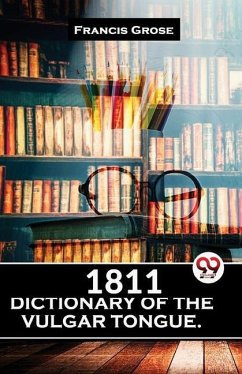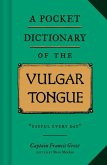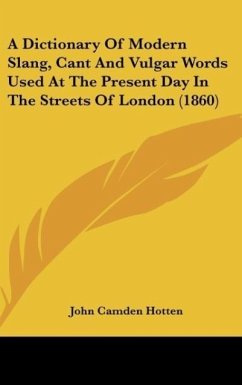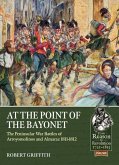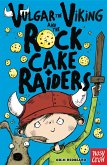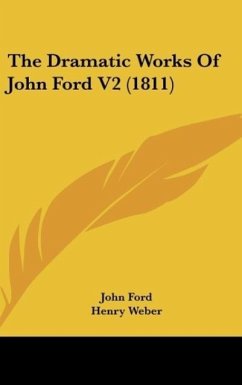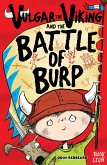Francis Grose published the 1811 Dictionary of the Vulgar Tongue, a book that includes a list of slang terms and expressions that were widely used in London and other English towns in the late 18th century. The dictionary gives definitions for numerous slang terms as well as information on where they came from, how to use them, and some real-world use examples. For linguists, historians, and anybody else interested in the evolution of slang and the history of the English language, Grose's book is an invaluable resource. It throws information on the attitudes and ideas of the individuals who employed these vibrant expressions in their everyday lives and sheds light on the social and cultural backdrop of the period.
Hinweis: Dieser Artikel kann nur an eine deutsche Lieferadresse ausgeliefert werden.
Hinweis: Dieser Artikel kann nur an eine deutsche Lieferadresse ausgeliefert werden.

